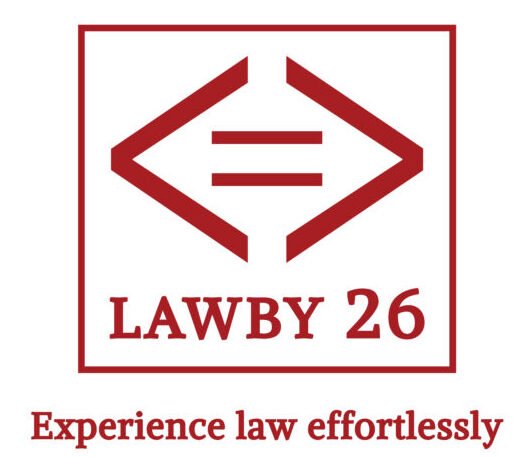Buying land on the moon and gifting it to your loved ones has become a trend in recent years. Ranging from celebrities to the common man, many people seem to have purchased a piece of land on the moon. A simple Google search leads us to find various companies and real estate agents offering up to sell a piece of land on the moon, often even willing to certify the same. But can a person buy land on the moon, and is it legal to do so? Both these questions can, of course, be answered, not in a direct legal sense, but with the help of loopholes in laws or treaties dealing with the regulation of Outer Space.
Outer Space Treaty, 1967
The Treaty on Principles governing the activities of States in the exploration and use of outer space is called the ‘Outer Space Treaty’, which is signed by 109 member nations, with India being one of them. The Treaty intends the exploration and use of Outer Space, including the moon and other celestial bodies, shall be carried out for the benefit and in the interests of all countries, irrespective of their degree of economic or scientific development, and shall be the province of all mankind. (Article 1)
Article II of the Treaty states:
“Outer space, including the Moon and other celestial bodies, is not subject to national appropriation by claim of sovereignty, by means of use or occupation, or by any other means.”
Now, Article VI imposes the burden of actions of both governmental and non-governmental bodies on the State Parties and provides:
“States Parties to the Treaty shall bear international responsibility for national activities in outer space, including the moon and other celestial bodies, whether such activities are carried on by governmental agencies or by non-governmental entities, and for assuring that national activities are carried out in conformity with the provisions set forth in the present Treaty. The activities of non-governmental entities in outer space, including the moon and other celestial bodies, shall require authorisation and continuing supervision by the appropriate State Party to the Treaty. When activities are carried on in outer space, including the moon and other celestial bodies, by an international organisation, responsibility for compliance with this Treaty shall be borne by the international organisation and by the States Parties to the Treaty participating in such organisation.”
Article II of the Treaty clearly prohibits the sovereign appropriation of Outer Space, including the moon and other celestial bodies. Article VI places a responsibility on the nation-State parties to the Treaty for national activities in Outer Space. However, in the absence of oversight or regulation, the loopholes in the law are being used as a channel by which Real Estate agents are offering to sell a piece of land on the moon.
Moon Treaty, 1979
The United Nations, in order to protect the celestial bodies, including the moon, entered into an agreement called “Agreement Governing the Activities of States on the Moon and other Celestial Bodies”, often referred to as the ‘Moon Agreement’ or ‘Moon Treaty, which establishes and provides that:
- The moon shall be exclusively used for peaceful purposes; any threat or hostile act is prohibited; no nuclear weapons or mass destruction of weapons shall take place; no scientific research shall be conducted on the moon or orbits around or other trajectories [Article 3]
- Moon and its natural resources are the common heritage of mankind [ 11] and are not subjected to national appropriation by any claim of sovereignty by means of occupation or other means.
As can be inferred, this Treaty expressly forbids claiming ownership of the moon and is a collective resource of all of mankind.
To summarise, for those of you who plan on buying/gifting land on the moon:
As discussed above in Article II of the Outer Space Treaty, 1967, no nation can claim sovereignty over the moon or other celestial bodies. Whenever a person purchases a property within the territory of a certain Nation-State, it is backed by the sovereign power of the State in the documentation and granting of certain rights and duties. Likewise, for a private person to own or claim a piece of land on the moon, it must be within the domain and enjoy the backing of a Nation State that can help protect their rights in future – which, in this case, is forbidden by International Law. Therefore, unless the sovereign nation can make a valid claim to the land, no private person or organisation, or body can claim the land (merely on paper) as ‘real property’ and enjoy ‘exclusive rights of ownership’ over the property. So, the next time you see someone offering you a piece of land on the moon, think twice as to whether you’ll ever legally claim ownership over it!



